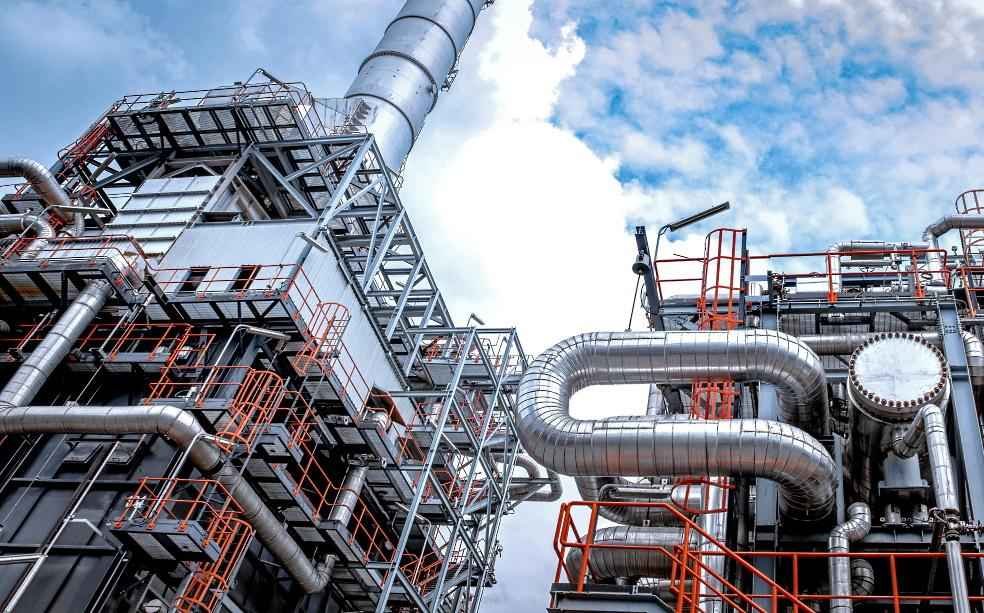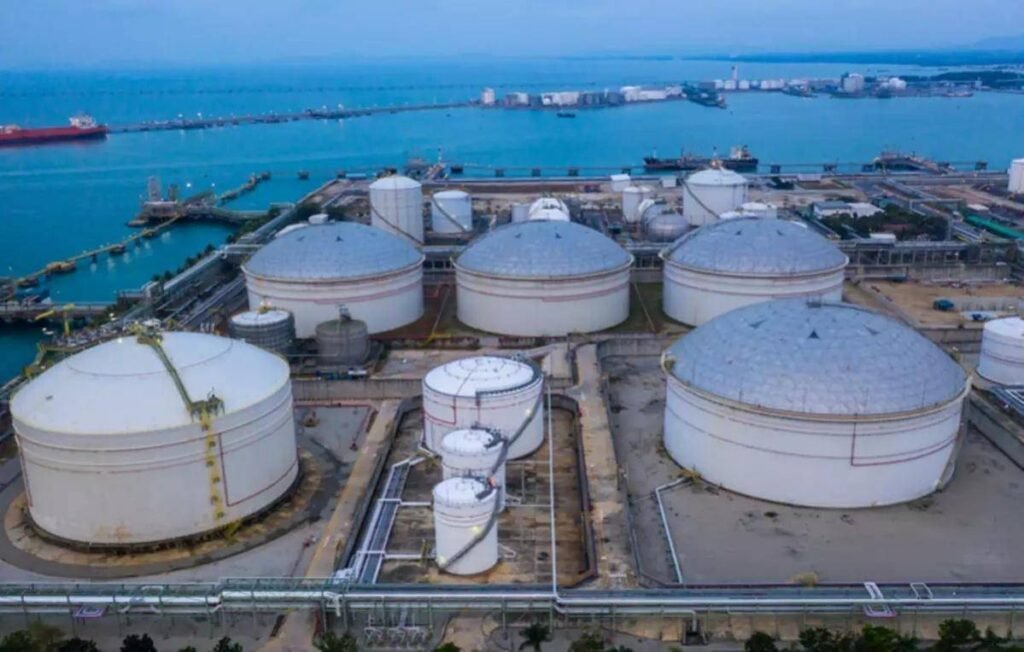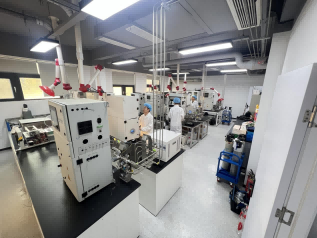Applications of Online Gas Chromatographs in Industrial Process Analysis in Petrochemical and Other Industries

The main advantage of Online Gas Chromatographs technology is its excellent selectivity. By using different chromatography columns and detector techniques, online chromatography instruments achieve high sensitivity and analytical precision. They also feature multi-point and multi-component simultaneous detection, making them widely used in industries such as petroleum refining, chemical processing, and metallurgy. Applications of Online Gas […]
The Evolving Role of NDIR Gas Analyzers in Greenhouse Gas Monitoring (2025 Update)
As climate targets tighten and industries scramble to meet emission caps, Non-Dispersive Infrared (NDIR) gas analyzers have emerged as the workhorse of greenhouse gas monitoring. From smokestack sensors to portable field units, these infrared-powered devices now form the backbone of climate accountability efforts. But what makes 2025 a watershed year for this decades-old technology? How Does NDIR […]
How Does Process Gas Chromatographs Ensure Precision in Chemical Processes?

You’d be surprised how often that plastic water bottle or vinyl siding owes its quality to an unsung hero in the lab. Process gas chromatographs (PGCs) don’t just analyze chemicals—they’re the ultimate quality guardians in manufacturing. Walk through any modern chemical plant, and you’ll find chromatographs working overtime. These aren’t your grandpa’s lab tools—they’re sophisticated systems […]
How Online Gas Chromatography Enhances Safety in Oil and Gas Industry?

Modern solutions like “ESEGAS’ HPGC-1000 Online Gas Chromatography” address these gaps with precision analytics for toxic and combustible gases.
What is the difference between online gas chromatography and laboratory gas chromatography?

Gas chromatography doesn’t just live in pristine labs—it also operates in gritty industrial plants. While both online (process) and laboratory gas chromatography (GC) systems separate chemical mixtures, their daily routines couldn’t be more different. Let’s explore how “process gas chromatographs” like the “HPGC-1000 Process Gas Chromatograph” tackle challenges lab instruments can’t handle. Comparison Between Online […]
Q&A about Online Gas Chromatographs (OGC): Principles, Applications, and Maintenance

The HPGC-1000 Online Gas Chromatograph performs separation and analysis of vaporizable gas/liquid mixtures. Its advanced engineering ensures comprehensive coverage of complex sample matrices.This analytical system incorporates gas-bath thermal regulation technology within its analyzer chamber. An integrated sample conditioning module enhances pretreatment efficiency.
What Is the Difference between Online Gas Chromatography (GC) and Process Gas Chromatographs (PGCs)?

Ever wondered why oil refineries don’t run like university labs? The secret lies in their gas analyzers. While both online gas chromatography (GC) and process gas chromatographs (PGCs) sniff out chemical cocktails in pipelines, their roles diverge like night and day on the factory floor. What Is the Online Gas Chromatography (GC)? Online gas chromatography (GC) typically refers to systems […]
Learn with ESEGAS. What is an Online Gas Chromatograph?

An online gas chromatography analysis instrument, also known as an online gas chromatograph (or remote gas chromatograph), is widely used for process monitoring. It automatically and continuously analyzes process data, providing functions like automatic sampling, adjustment, fast data processing, and continuous output of detection quantities. Definition of Online Gas Chromatography Instrument The online gas chromatograph […]
What are the Analytical Instrument Technologies for Continuous Emission Monitoring of Mercury in Flue Gas?

Mercury in flue gas (HgT、Hg0、Hg2+) The technology of continuous online monitoring and analysis application mainly includes the technology of continuous online analysis of mercury in flue gas, the technology of reducing and transforming elemental mercury from oxidized state, the technology of preparing standard materials of gaseous mercury, the technology of enriching and pyrolysis of gaseous mercury in flue gas, and the technology of dynamic labeling recovery calibration, etc., which are briefly introduced below.
How Does an AQMS Benefit Public Health?

Air Quality Monitoring Systems (AQMS) are a beacon of hope. These systems provide real-time data, empowering governments and health organizations to take immediate and informed actions to protect public health.
